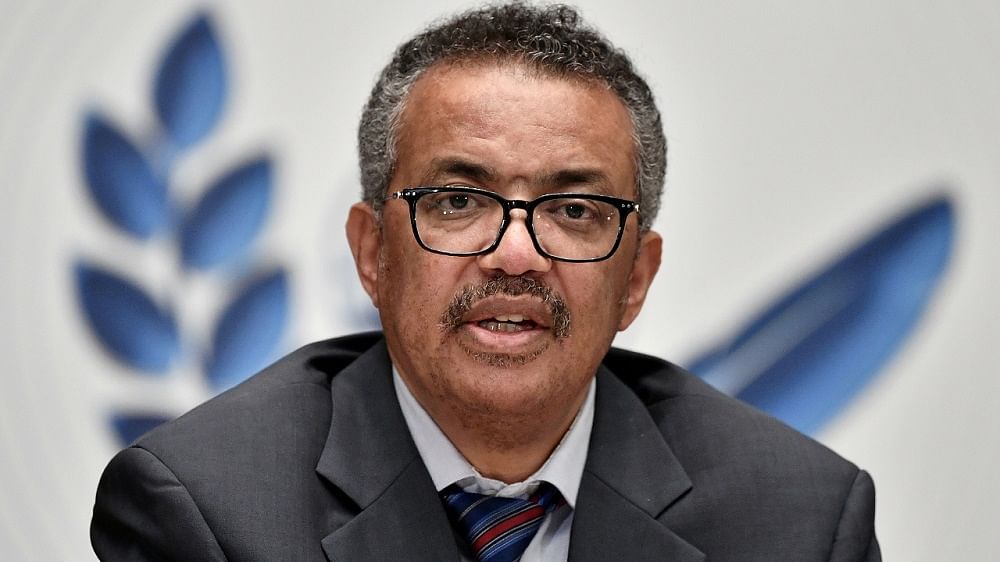
The World Health Organization's emergency committee called on Friday for globally-ramped up coronavirus sequencing studies in order to combat troubling new variants stalking the globe.
It also came out against countries requiring proof of vaccination from incoming international travellers, in a meeting dragged forward by two weeks for urgent talks on the emerging, seemingly more contagious strains of the virus.
As the pandemic's death toll approached two million, the WHO said that it wanted Covid-19 vaccination underway in every country within the next 100 days, amid concerns that rich nations are hogging the first batches coming off the production lines.
But it warned that the current spikes in infections being witnessed in some countries in Europe, Africa and the Americas could be blamed on failure to break the chains of transmission rather than simply the new mutations.
The recently-discovered variants can only be identified by sequencing their genetic code -- an analysis that is not possible everywhere.
"On variants, (the committee) called for a global expansion of genomic sequencing and sharing of data, along with greater scientific collaboration to address critical unknowns," the WHO said in a statement after the virtual meeting.
The committee also called on the WHO to come up with a standardised system for naming new variants to keep them geographically and politically neutral, in a bid to avoid stigmatisation.
In its epidemiological bulletin earlier this week, the WHO said the coronavirus mutation first found in Britain had spread to 50 territories, while a similar South African-identified strain has now been found in 20.
A third mutation, originating in the Brazilian Amazon and whose discovery Japan announced on Sunday, is currently being analysed and could impact the immune response, according to the WHO.
On travel, the committee recommended that countries do not require proof of vaccination from incoming travellers, given that the impact of vaccines on reducing transmission was not yet known and the availability of vaccines remains limited.
WHO chief Tedros Adhanom Ghebreyesus said the world was at a "defining moment in the pandemic", as he called for vaccines to be distributed equitably across the globe.
Some 46 countries have started their vaccination campaigns, of which 38 are high-income nations.
"I want to see vaccination underway in every country in the next 100 days so that health workers and those at high risk are protected first," Tedros told a press conference in Geneva.
It was the WHO International Health Regulations emergency committee's sixth meeting on Covid-19. It normally meets every three months.
Following its second meeting on January 30 last year, Tedros declared the outbreak discovered in China constituted a public health emergency of international concern -- the agency's highest level of alert.
The first cluster of cases was discovered in December 2019 in Wuhan in China.
A WHO team of experts arrived in Wuhan on Thursday to start an investigation into the origins of the virus.
"We may never find who the patient zero was," said the WHO's Covid-19 technical lead Maria Van Kerkhove.